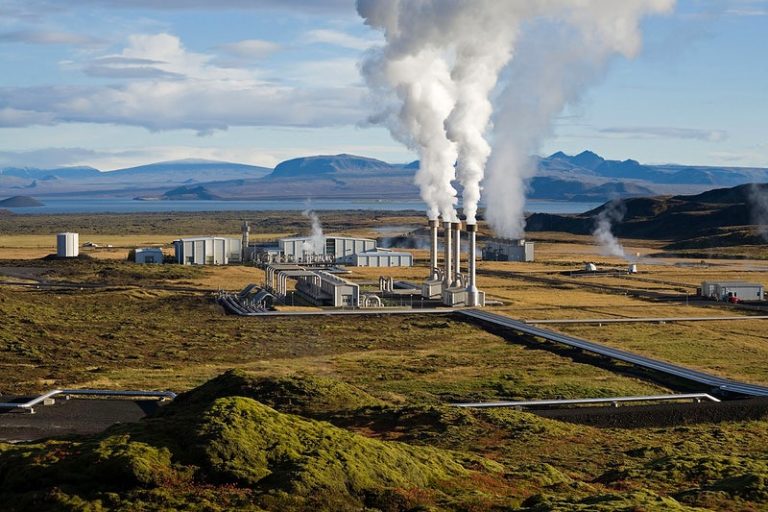Overpopulation: Causes and Consequences

Overpopulation is a serious issue with far-reaching consequences. It’s not just something you read about in history books or see in old black and white movies—it’s happening now, all over the world.
According to the World Wildlife Fund (WWF), an estimated 128 million people reside in nations with high population densities. There are over 25 countries with a population density of at least 300 people per square kilometer.
Overpopulation is one of the many environmental issues that is often overlooked. There are more pressing environmental concerns, such as pollution, climate change, and water scarcity, but overcrowding is a major factor in all of them.
The demands of an ever-increasing population will put a strain on the world’s natural resources and agricultural land, posing serious environmental and economic problems.
Overpopulation is directly linked to issues like poverty, famine, disease, and deforestation. What exactly does that mean? Let’s take a look at the causes and consequences of overpopulation to understand this important issue better.
What is Overpopulation?
Overpopulation occurs when the number of people in a given area exceeds the carrying capacity of the land to support them. The carrying capacity of an area is the maximum number of people who can be supported by that land, given the available supplies of water, food, shelter, and other necessary resources.
In most cases, overpopulation occurs when people reproduce more quickly than the environment can support them. This can cause an increase in poverty, hunger, and other social issues, as well as environmental degradation.
This can lead to a decrease in quality of life and can even be a threat to national security, especially in countries where large portions of the population are living in poverty.
Causes of Overpopulation
- Declining Death Rate: The death rate is declining in many countries due to improved medical technology and access to healthcare. As more people live longer, the population increases.
- High Fertility Rate: The fertility rate is the average number of children a woman will have in her lifetime. In many parts of the world, people have more children than is necessary for the population to remain steady.
- Immigration: Some countries have higher numbers of immigrants than emigrants. Immigrants often have high fertility rates, which can cause an overpopulation problem if the immigrants settle in a country with a low fertility rate.
- Sub-replacement Fertility Rate: In some countries, people have fewer children than they need to replace the current population. This can cause an overpopulation problem if it causes the population to decline at a slower rate than normal.
- Rapid Reproduction and Poor Education: In many areas, people do not receive the proper amount of education, or they are taught incorrect information about reproduction. This can cause people to have more children than they can support.
- Poverty: Overpopulation is largely caused by poverty. Lack of educational resources and high death rates cause population surges in disadvantaged places. The UN predicts that the 48 poorest countries will be the main contributors to population growth. From 850 million in 2010, their combined population is expected to reach 1.7 billion in 2050.
- Child labor: As upsetting as it may seem, child labor is nonetheless widespread. UNICEF estimates that 150 million children work, mostly in countries with limited child labor regulations. Poor households may consider children as a source of money. Children who start working too early lose educational prospects, including birth control.
Effects of Overpopulation
- Declining Quality of Life – Overcrowded cities, polluted air and water, and scarce resources can all contribute to declining quality of life.
- Increased Poverty – More people competing for limited resources can lead to an increase in poverty.
- Food Shortages – As the population increases, it can be harder to provide enough food for everyone.
- Deforestation – When people need more room and more resources, they often expand into protected forests.
- Disease – More people and more animals packed into a small area can create the perfect conditions for diseases to spread.
- National Security Threat – When large portions of the population are living in poverty, it can be easier for terrorist organizations to recruit new members.
- Sustainable Economic Development – When a country’s population is too big, sustainable economic development can be nearly impossible.
How Overpopulation Affects the Environment
When there are too many people competing for limited resources, there can be long-term damage to the environment.
- Air Pollution – When factories or other facilities release large amounts of pollutants into the air, the quality of the air can decline. This can cause health issues and can also reduce crop yields.
- Deforestation – Trees and other plants help reduce air pollution and can also be used to produce paper or wood pellets. When people cut down large numbers of trees, they can reduce their ability to clean the air and can make it more difficult to produce paper.
- Water Pollution – Sewage and other chemicals can run off from farms and into nearby water sources. This can kill fish and other wildlife, as well as make it unsafe to drink the water.
- Species Extinction – More people can cause the extinction of native species by taking over their habitats.
How Overpopulation Affects the Economy
Overpopulation can cause a decrease in the economy as more people compete for scarce resources.
- Decreased Hours of Work – When fewer jobs and more people are looking for work, workers can have fewer hours, lower wages, or both.
- Wage Inflation – When fewer people are working and more people are looking for jobs, each person has a better chance of getting hired. Employers can choose to pay their workers less or hire fewer people to compensate for the increase in competition.
- Declining Standards of Living – As the economy declines, people can have a harder time paying their bills.
- Increased Demand for Government Services – When people are struggling to get by, they may need more assistance from the government, which can cause the government’s budget to increase.
- The decline in Global Trade – When the economy is struggling, people have less money to spend on imports. This can cause a decline in global trade.
How can we solve the problem of overpopulation?
One of the best ways to solve the problem of overpopulation is through education. Many people around the world don’t have the information they need to make informed decisions about child rearing. They may not know the effects of their decisions or know how to avoid overpopulation.
- More education can help people make better choices regarding their families. It can also help them avoid living in areas with a high risk of overpopulation.
- It can also help people make better choices about their lifestyles. They can reduce their carbon footprint and avoid polluting their environment. They can also support sustainable economic development by making sure their purchases are ethically produced.
- Finally, people can also help by voting for politicians who support family planning and who oppose immigration to areas where there is a risk of overpopulation. – Finally, people can also help by voting for politicians who support family planning and who oppose immigration to areas where there is a risk of overpopulation.
Conclusion
Overpopulation is a serious issue that requires serious attention. It’s not something that can be ignored or solved overnight, but it can be solved if we work together. Governments and organizations around the world need to take steps to reduce the risk of overpopulation. At the same time, individuals need to make better choices to avoid contributing to the problem.
Despite this, there is surprisingly little information or dialogue on the topic, especially in classrooms. Unless something changes, the problems discussed here may worsen. If that happens, the repercussions from this one problem could cause a domino effect that brings about even more complications on the road.
Feel free to continue the discussion regarding overpopulation in the comments area below. If you’d rather start a discussion in your community, share this article on social media.






